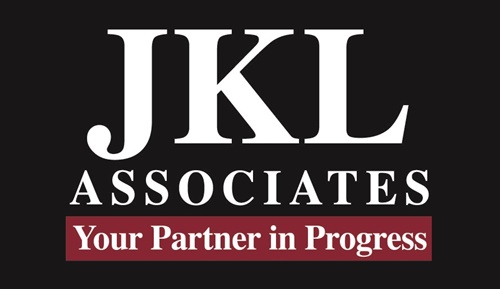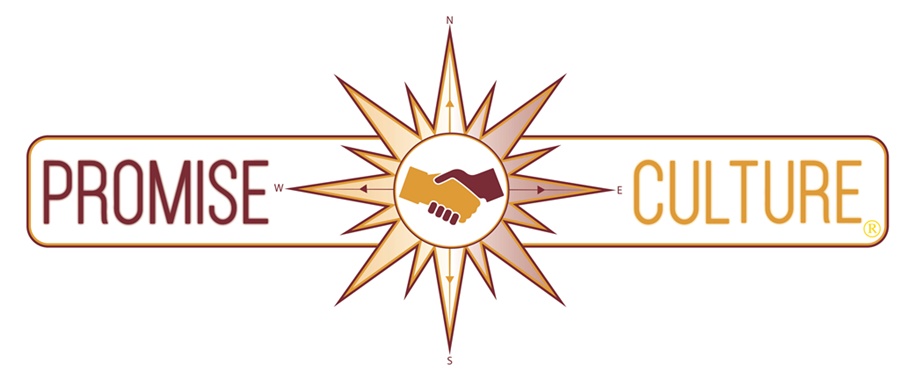This two-part set of insights will hopefully cause some reflection on how cognitive programming may be impacting your leadership and business. Let’s start this first part with some insights into this concept of Cognitive Programming and Cognition itself.
cognitive
- Of, characterized by, involving, or relating to cognition.
- Having a basis in or reducible to empirical factual knowledge.
- Knowing, or apprehending by the understanding.
cognition
- The mental process of knowing, including aspects such as awareness, perception, reasoning, and judgment.
- That which comes to be known, as through perception, reasoning, or intuition, knowledge.
- Knowledge, or certain knowledge, as from personal view or experience; perception; cognizance.
The American Heritage® Dictionary of the English Language, 5th Edition.
Each day we are bombarded with input in a society transfixed on noise. From the sound of waking to a radio alarm clock or the turning on of the TV to get the weather and traffic reports, we start our day opening up our ears to input which potentially can set in motion cognitive programming of how we will view or process the next hour, day, week etc. We can take it a step further by asking yourself – how long from the moment you wake up to the time you MUST check your smartphone for any number of inputs – email, social media, texts etc. Be honest with yourself, how long did you actually wait to start the noise?
As leaders of businesses, we actually count on these behaviors from our target avatars/audience. We want them to hear our commercials on the radio. We want them to see our most recent post. We need to have our circle of friends know what is going on in your world. Why might you ask? Well, you are in one way or another using these media transfer systems to program the recipients’ future cognitive considerations.
Marketers have known for years that spaced repetition is the basis of learning and the more repetition the higher the retention rate of the concept. It is no secret that retailers spend outrageous dollars to advertise during major sporting events. They are trying to program your future interest in buying their products.
You might blow this off indicating none of this stuff influences you. You are strong enough to make your own decisions and none of this noise influences you. Well, if that is really true then you are in a remarkable small group in the population. This process of cognitive programming may not enter and influence all of your decisions, but it absolutely impacts many of them and if not yours then the people around you are influenced which impose their energy on you for their choices.
Recently in our video posts on LinkedIn, Instagram, Facebook etc. we covered a bias which influences many decisions whether they be business or personal. It is the bias of Group Attribution. This is where the thinking of one individual believes the group has the same perception even if it is not validated. (For more on our video series on bias and how they influence judgement and decision making go to our website at www.jklassociates.com and click on the various social media icons and follow us.) Cognitive programming for all the days of our lives causes/creates heuristics/biases. These get applied to various situations we encounter and are either supported or challenged. If supported, they become more deeply rooted. If challenged, then depending on our level of interest in the matter, we may dive into deeper discovery to either disprove or at least educate us to a new level of understanding.
This week as you reflect on your leadership and business, take a look at where Cognitive Programming is playing a part in either a contributive way or counterproductive way.
Until next week when we get into Part 2, if you have any questions feel free to reach out to JKL Associates at MI (313) 527-7945 or FL (407) 984-7246.
Journey On!
COPYRIGHT – JKL ASSOCIATES 2023
QUESTIONS OR COMMENTS – EMAIL US AT PARTNERS@JKLASSOCIATES.COM OR CALL OUR OFFICES – MI AT (313) 527-7945 FL AT (407) 984-7246
Celebrating 30 years of Delivering on “Promises”




